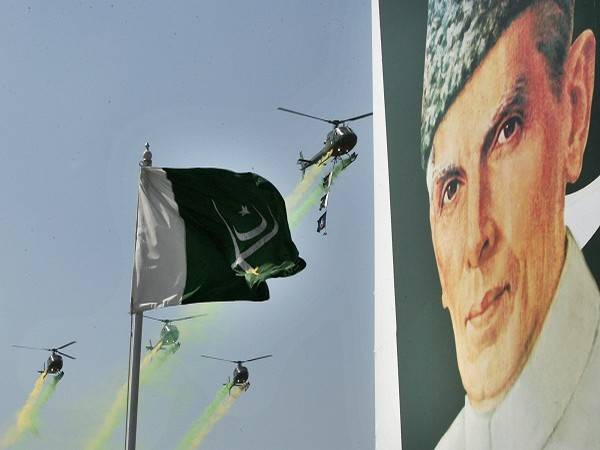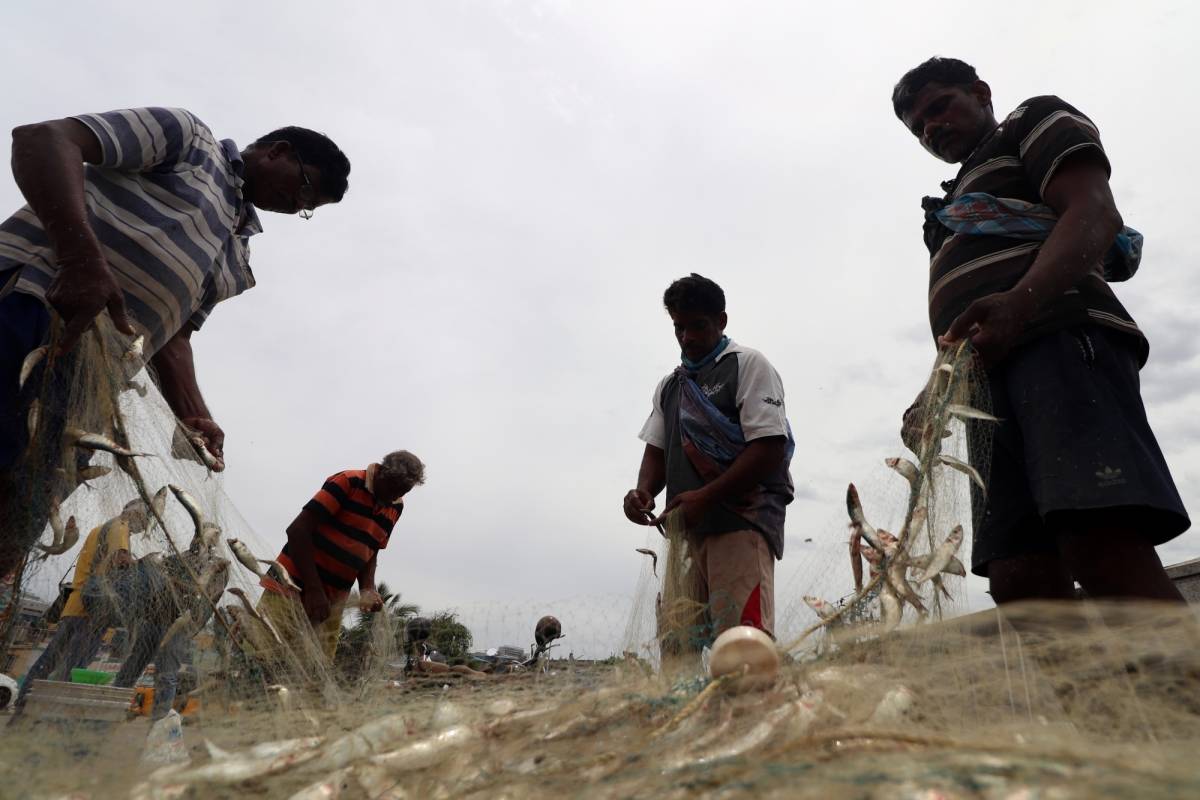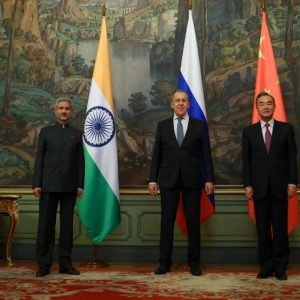The Home Minister said following the decades of anti-Naxal movement, the country has reached a point where the death toll is less than 200 for the first time…reports Asian Lite News
In India, incidents of left wing extremism have come down by 23 percent, while the number of deaths due to Naxalites-led violence has come down by 21 percent. This was informed by Home Minister Amit Shah while chairing a review meeting on left wing extremism in New Delhi.
The Home Minister said following the decades of anti-Naxal movement, the country has reached a point where the death toll is less than 200 for the first time. He termed it a huge achievement for the country.
“Unless we get rid of the problem of left wing extremism completely, the full development of the country and the states affected by it is not possible,” Amit Shah said.
“Without eliminating it, neither we will be able to spread democracy to the bottom nor will we be able to develop the underdeveloped areas. So, instead of being satisfied with what we have achieved so far, we need to increase speed to get what is left,” the Home Minister said.
He said that the root cause of dissatisfaction is that development has not reached affected areas in the last six decades since independence and now to deal with it, it is very essential to ensure accessibility to fast-paced development so that common and innocent people do not join them.
The Home Minister said under the leadership of Prime Minister Narendra Modi, the development is continuing and now the Naxalites have also understood that innocent people will not be misled by them, which is why it is very important to continue uninterrupted development.
The Home Minister urged the states that the Chief Secretaries of the affected states should hold a review meeting with the DGPs and officers of central agencies at least every three months to deal with left wing extremism, and “then only we can take this fight forward.”
He said that in the last two years, a huge and successful effort has been made to increase security camps in areas where security was not stringent, especially in Chhattisgarh, as well as in Maharashtra and Odisha.
Shah said that if regular review is done at the level of Chief Minister, Chief Secretary and DGP, then the problems of coordination at the lower level will automatically get resolved.
The Home Minister said the fight against the problem, which has claimed the lives of more than 16,000 civilians in the last 40 years, has now reached its end and it needs to be accelerated and made decisive.














